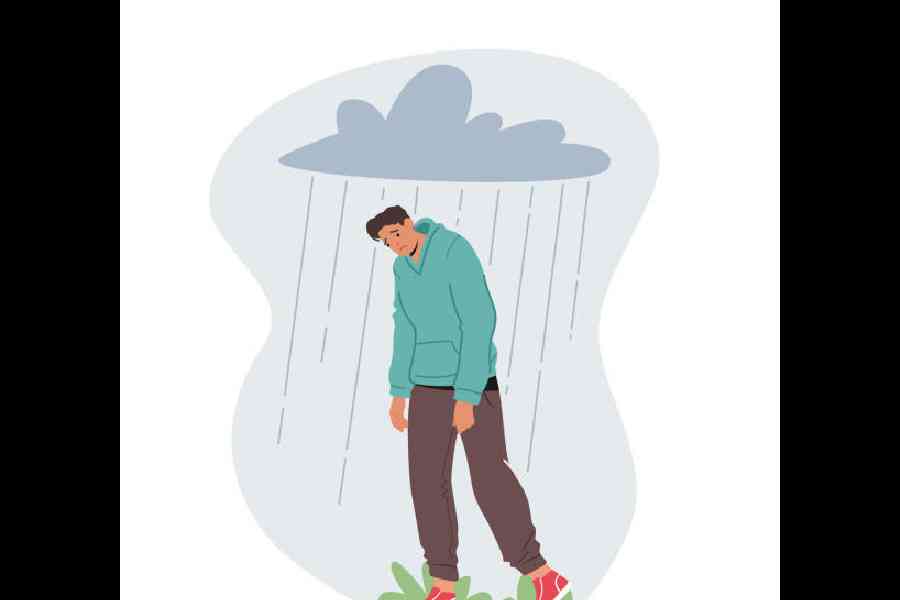Around 6 per cent of people suffer from depression, but it is not a “one-size-fits-all” condition. Depression manifests in various ways, with feelings like hopelessness, frustration, loss of interest, withdrawal from society and detachment from family. Some may become irritable and critical of everything, while others experience fatigue, making it difficult to function or complete tasks.
Physical symptoms like aches, pains, cramps and digestive issues can also develop. Often, doctors focus only on these physical symptoms. Test results come back normal, medications don’t help. Both patient and physician are confused and the underlying depression is missed.
Some medical conditions, like hypothyroidism (which slows the metabolic rate), can lead to depression. Similarly, some medications, such as anti-convulsants, beta-blockers and anxiolytics, can have depression as a potential side effect.
Depression is felt to be a condition that affects adults, irrespective of age, due to factors like personal or financial loss, isolation, illness or professional failure. However, depression can affect even teenagers and young children. Those who are genetically predisposed, have a family history of depression, live in non-supportive environments or frequently relocate their residence may be at higher risk.
A diagnosis of heart disease, cancer, diabetes or other long-term illnesses can lead to denial and depression. People might ask, “Why me?” and feel that others are spared. Depression can impact their response to medications, lead to poor adherence to treatment and cause them to miss appointments. Physicians may struggle to separate physical illness from emotional distress. Recovery may be delayed.
It is not the person’s fault. Depression impairs the ability to analyse, rationalise and take corrective steps. Family members sometimes worsen the situation by attributing the person’s behaviour to stubbornness or inherited personality traits.
Our bodies have a natural circadian rhythm or sleep-wake cycle. Disruptions in this cycle, such as staying up late or waking too early, can misalign the body clock and contribute to depressive symptoms. These symptoms tend to worsen at night. Persistent low moods can lead to insomnia, alcohol or drug dependency or reliance on sleeping pills. Anxiety can compound the problem, causing agitation and tension.
In severe cases, depression may be so overwhelming that it disrupts daily activities. Depression can also be part of psychosis, wherein the individual loses touch with reality.
A hazardous and often unrecognised form of depression occurs during pregnancy or after childbirth, making the new mother feel overwhelmed, unable to cope, have suicidal thoughts and a desire to harm the baby as well.
Depression can lead to restlessness, anger, irritability and detachment. Responsibilities may be ignored and professional performance can suffer.
The condition causes chemical imbalances in the brain and since the mind and body work in unison, a problem in one area can affect the other. Physical symptoms can show a delay in improvement and treatment may have suboptimal outcomes. Doctors may prescribe antidepressants to address these chemical imbalances, to improve response to other treatments and to help individuals cope. Since each person is unique, symptoms and responses to treatment may vary widely.
There is no universal treatment for depression. Finding the right medication involves time and trial and error. Antidepressants, commonly used to treat depression, work by regulating brain chemistry, but optimal effects may take up to a month. Physical exercise, especially aerobic activities, can complement medication by releasing mood-enhancing chemicals from muscles.











